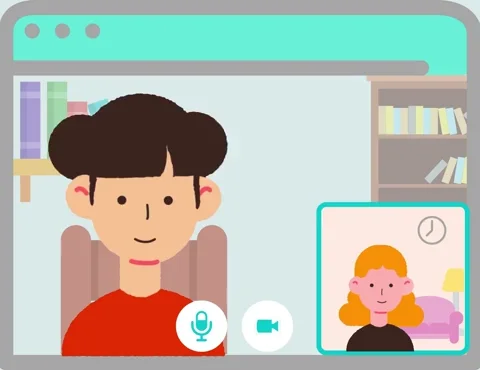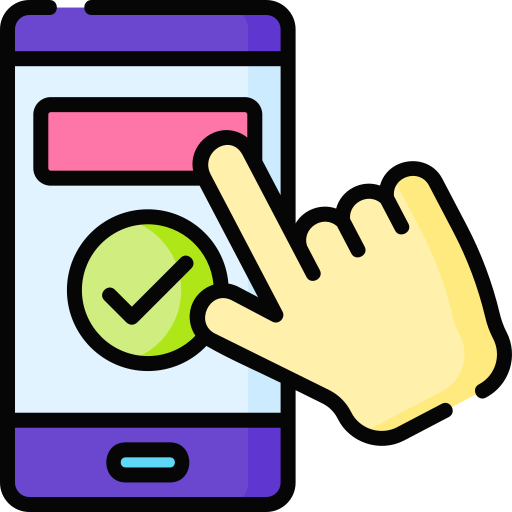Whether you're learning a new language in a classroom, online, or in an immersion environment, the right mindset can make all the difference between frustration and success!


As a world languages instructor who has been helping students for over 25 years, I'd like to share my top 5 tips to help you achieve your language learning goals with an effective mindset.
Tip 1: Be patient and consistent

We've all seen the ads for apps or courses that promise language proficiency in just a few short weeks, but the truth is that learning a new language takes effort, consistency, and time: probably at least 700 hours!
Exactly how long it will take YOU to learn a new language will depend on a number of factors, including your familiarity with the language, your prior language experiences, and how much time you can regularly devote to your studies.
Tip 2: Get to know the parts of speech
You don't have to be a grammar whiz to learn a new language, but if you know the parts of speech and how they work in your first language, you'll have an easier time understanding how everything fits together in others as well.

Here are some parts of speech that are common in English and most other modern languages:

Nouns name people, places, things, or ideas.

Verbs describe actions or states of being.

Adjectives are words that describe nouns.

Adverbs can be used to describe an adjective, a verb, or another adverb.
Tip 3: Think in the target language
 A common mistake that many language learners make is trying to translate word for word between their first language and the language they're learning (often referred to as the target language).
A common mistake that many language learners make is trying to translate word for word between their first language and the language they're learning (often referred to as the target language).
Not only is this approach too time-consuming to allow the speaker to carry on a fluent conversation, but it fails to account for variations in how ideas are expressed in different languages.

For example, to talk about age in English we use the verb "to be," as in "I am 20 years old." However, Romance languages, such as Spanish and French, use the verb for "to have" instead.
Rather than translating word-for-word and ending up with a sentence that doesn't make sense, we want to focus on thinking in the target language and expressing ideas, not just saying words.

Idioms provide a good example of why we don't want to translate word-for-word from one language to another. Idioms are expressions with non-literal meanings that are understood in one language, but may not have a direct translation in others.
Quiz
Which of the following expressions might be confusing to someone who is new to learning English if they were to try to translate word for word? Select all that apply:
Tip 4: Understand that there are lots of "right" ways to learn a language!

Have you ever been told that there's no use in taking a language class or using a language app because you can't really learn a language that way?
Well, a better statement would be that you don't want to depend on just a class or an app or any single approach when learning a new language.
Instead, you want to explore the options that are available to you and find the collection of resources and practices that suit you best.

In fact, today's language learners have a huge advantage over previous generations because they truly do have the world at their fingertips! When exploring what works best for you, consider the following types of resources:

Language classes, either online or in-person

Language apps on your phone or computer

Online tutors or language exchange partners

Podcasts, videos, movies, and TV shows in the target language

Newspapers, magazines, and websites

Change your phone and video game language settings to the target language!
Tip 5: Be courageous!

Whether you're an advanced language learner or just beginning your language journey, don't be afraid to use what you're learning!
Find a language exchange partner or tutor.
Make friends with people who speak the language you're learning.
Visit a restaurant and order in the target language.
Travel if you can!

Don't worry if your language skills aren't perfect: we learn through doing, even when it involves making mistakes. Most likely, you'll find that the people you talk to overlook your errors and simply appreciate your courage and efforts to speak their language. 😊
Take Action

Your feedback matters to us.
This Byte helped me better understand the topic.
